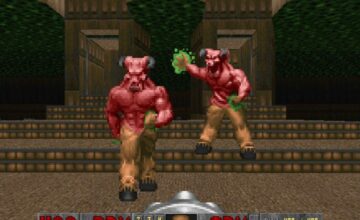At a rate “unprecedented in human history,” the world is facing extinction. We need to act now if we still want to fix this mess.
The United Nations released a summary last Monday from the Intergovernmental Science-Policy Platform on Biodiversity and Ecosystem Services. The 40-page summary encompasses their upcoming report which is 1,500 pages long, and was contributed to by hundreds of authors from 50 nations. As for the findings, well it makes us want to weep.
The report reveals that all living species on Earth are dying out at rates “tens to hundreds times higher than the average over the last 10 million years.” Losing one species is already a huge loss, just think about the role of bees in sustaining the ecosystem. But now, a million plant and animal species are at risk of extinction, 40 percent of which are amphibians, 33 of which are corals, and 10 of which are insects. The culprit? Us.
Human activity has messed with the world’s functions so much that we’re speeding along the extinction of all life on Earth. The biodiversity crisis also affects the most vulnerable of our societies. The areas of the Earth which are projected to be hit the worst are areas where there are “large concentrations of indigenous peoples and many of the world’s poorest communities.”
The report also says that with our current trajectories, our sustainability goals cannot be met by 2030. What we need now is “transformative changes across economic, social, social, political, and technological factors.” That means each and every one of us needs to take this information and act on it now. Actions can be as little as lessening your carbon footprint, or as big as voting into government positions the people who care about environmental concerns. This might just be our real life endgame.
Art by Renz Mart Reyes

























Comments